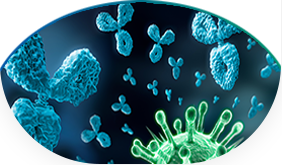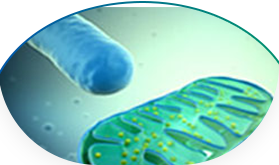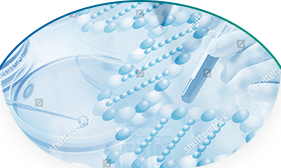- Primary Antibodies
- Secondary Antibodies
Secondary Antibodies
- Cy7 Conjugated(43)
- Cy5.5 Conjugated(43)
- Cy5 Conjugated(43)
- Cy3 Conjugated(43)
- Alexa Fluor 790 Conjugated(43)
- Alexa Fluor 750 Conjugated(43)
- Alexa Fluor 680 Conjugated(43)
- Alexa Fluor 660 Conjugated(43)
- Alexa Fluor 647 Conjugated(43)
- Alexa Fluor 633 Conjugated(43)
- Alexa Fluor 594 Conjugated(43)
- Alexa Fluor 568 Conjugated(43)
- Alexa Fluor 555 Conjugated(43)
- Alexa Fluor 532 Conjugated(43)
- Alexa Fluor 488 Conjugated(43)
- Alexa Fluor 405 Conjugated(43)
- Alexa Fluor 350 Conjugated(43)
- Texas Red Conjugated(43)
- TRITC Conjugated(43)
- AMCA Conjugated(43)
- Dylight 800 Conjugated(2)
- Dylight 680 Conjugated(2)
- Dylight 649 Conjugated(4)
- Dylight 594 Conjugated(4)
- FITC Conjugated(97)
- Dylight 549 Conjugated(4)
- Dylight 488 Conjugated(4)
- Dylight 405 Conjugated(3)
- DyLight 350 Conjugated(2)
- Biotin Conjugated(93)
- HRP Conjugated(96)
- AU Conjugated(61)
- Not Conjugated(67)
- ELISA Kits
ELISA Kits
- Colorimetric Cell-Based Phospho(970)
- Colorimetric Non-Phospho Cell-Based ELISA(965)
- Fluorometric Phospho Cell-Based ELISA(102)
- Colorimetric Phospho Sandwich ELISA(25)
- Chemiluminescent Sandwich ELISA(93)
- Colorimetric Non-Phospho Transcription Factor ELISA(135)
- Colorimetric Phospho Transcription Factor ELISA(73)
- Colorimetric Cell-Based Methyl(45)
- Colorimetric Cell-Based Cleaved(37)
- Colorimetric Cell-Based Acetyl(86)
- Colorimetric Sandwich ELISA(722)
- Research
Areas
Research Areas
- A. Cell Adhesion Proteins
- B. Cell Cycle Proteins
- C. Channel Proteins
- D. Exosome
- E. GDP/GTP Binding Proteins
- F. Growth Factors and Hormones
- G. Homeodomain Proteins
- H. Immunohistochemical
- I. Kinases and Phosphatases
- J. Signaling
- K. Membrane Receptors
- L. Neurobiology
- M. Signaling Intermediates
- N. Steroid Receptors
- O. Structural Proteins
- P. Synthesis and Degradation
- Q. Transcription Regulators
- R. Transport and Trafficking
- S. Tumor Suppressors/Apoptosis
- Technical Resources
- Contact Us














